People Who Lose Interest In Leaving Their House As They Get Older Usually Have These 11 Reasons
For some, leaving the house isn't the thrilling experience they hope for.
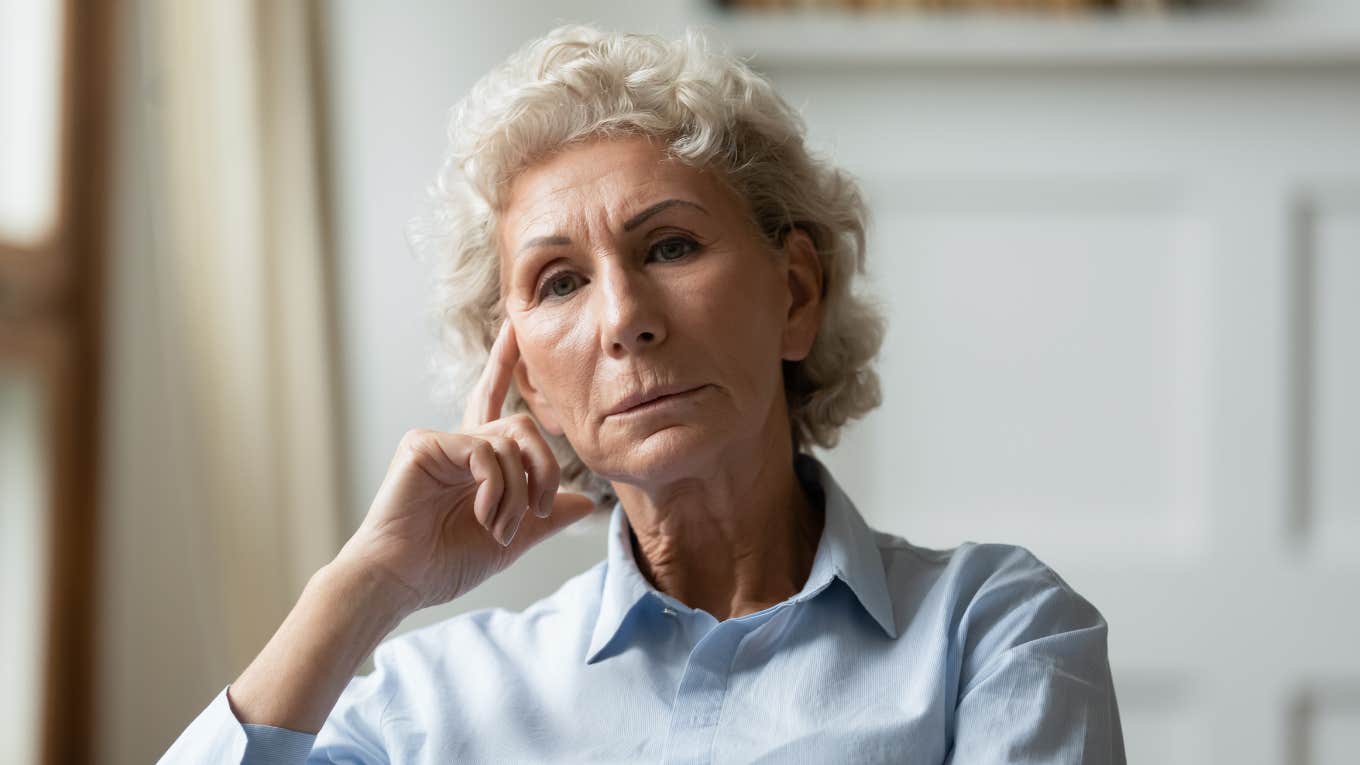 fizkes | Shutterstock
fizkes | Shutterstock As we get older, changes in our everyday routine are inevitable. Hobbies and daily activities that we once could not imagine living without begin to dwindle, and we may soon forget what we even did to occupy ourselves. And that includes activities outside of the home.
Many people find solace in their homes as they age, finding it difficult to leave the house even for necessary tasks such as grocery shopping and doctor's appointments. This does not necessarily mean that leaving the house makes them miserable, as there are specific reasons people who lose interest in leaving their house as they get older usually have.
Here are 11 reasons people who lose interest in leaving their house as they get older usually have
1. Physical limitations
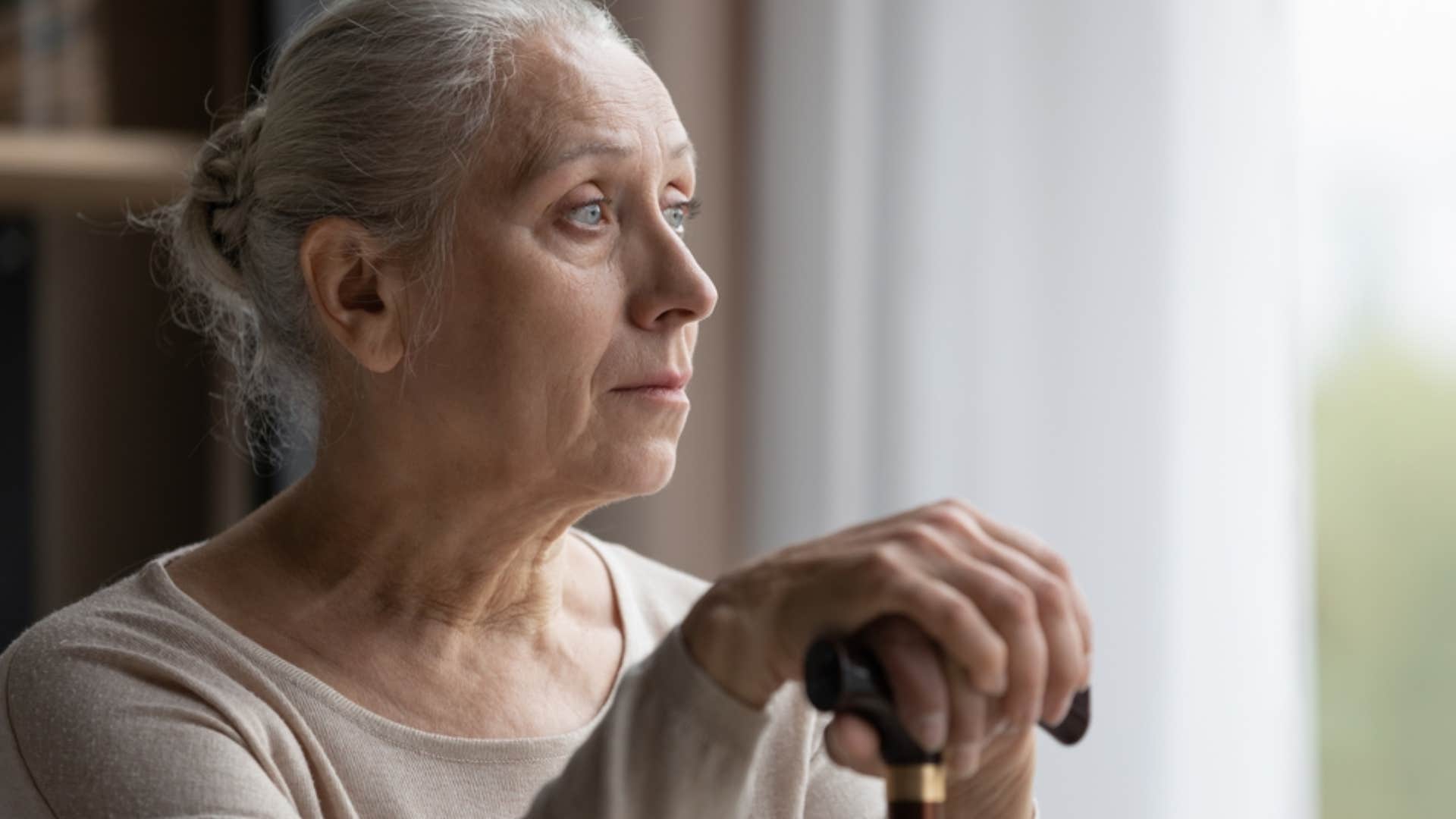 fizkes | Shutterstock
fizkes | Shutterstock
As people age, they may experience physical changes that affect their mobility. This includes joint pain, back issues, and decreased flexibility, which can make leaving the house uncomfortable and difficult.
A U.S. Census Bureau report cited in research from Geriatric Nursing indicated that 23.5% of people (9.2 million) aged 65 and older characterized themselves as having ambulatory disabilities, such as difficulty walking or climbing stairs. This often results in people eventually becoming homebound.
Aging also may cause a drop in energy levels, making leaving the house less appealing. This is especially true for older individuals who live on their own or don't have the support of close family or friends.
2. Social anxiety
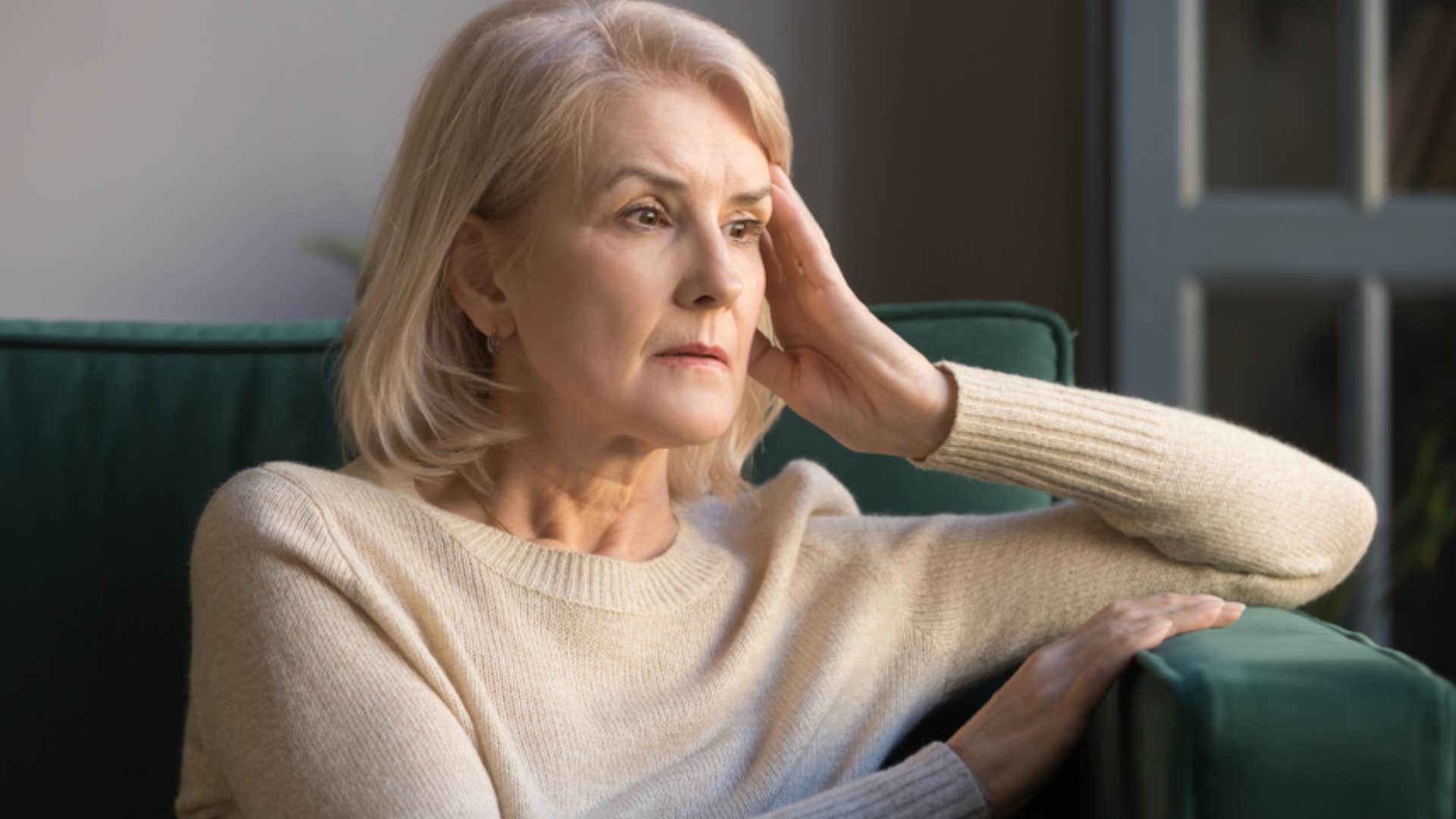 fizkes | Shutterstock
fizkes | Shutterstock
While some studies, including one from Psychiatric News, suggest that social anxiety decreases as we age, not everyone will find it getting any better if they already struggle with anxiety.
As people get older and experience changes in their physical and emotional health, they may grow more anxious and use this as one of the valid reasons people who lose interest in leaving their house as they get older usually have.
To them, facing the world seems impossible. Their senses may not be as sharp, and they may take longer to navigate through the most basic of tasks, like going to the grocery store, feeling self-conscious as others huff and puff behind them, trying to weave through the aisles.
This social anxiety can be enough to keep older people in their home for as long as they possibly can, avoiding being around others and risking further blows to their confidence.
3. Routine and habit
 Ground Picture | Shutterstock
Ground Picture | Shutterstock
As people get older, they often find comfort in familiarity. They may have a rigid routine that they follow everyday, and even the slightest changes, such as having to leave the house for something that is not usually incorporated into their daily life, can be enough to throw off their entire day.
Change can be especially daunting as we get older. We may attempt to shield ourselves from these changes by confining ourselves to a predictable routine we have become familiar with and seek comfort in. For many older people, familiarity equals safety, which is why they won't leave their home.
4. Health concerns
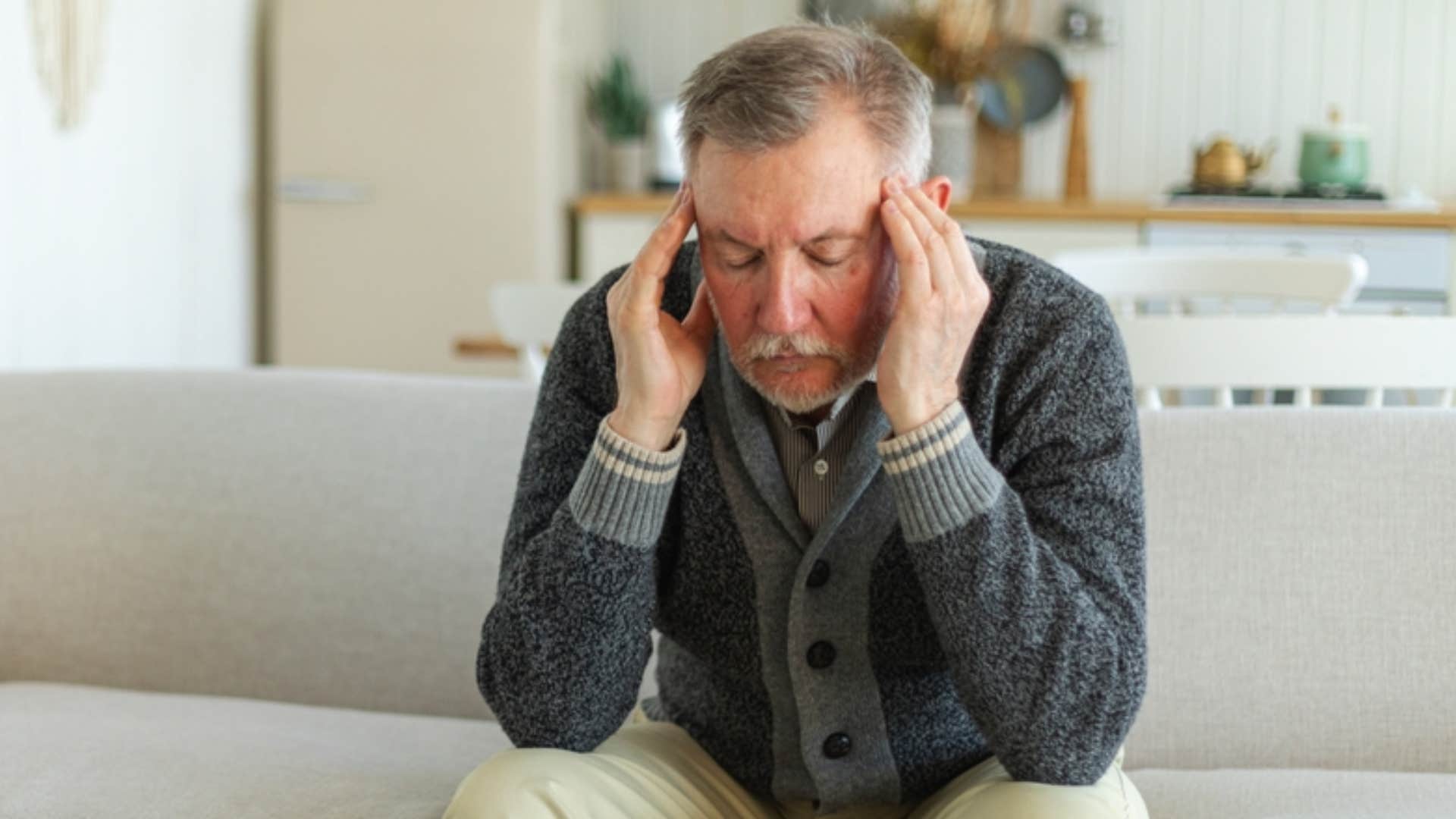 Julia Zavalishina | Shutterstock
Julia Zavalishina | Shutterstock
When older people experience chronic health issues, such as heart conditions and respiratory problems, they often have little desire to leave the house. These health issues can cause physical pain and emotional distress, making it difficult for people who are enduring them to even imagine leaving the comfort of home.
They may worry about experiencing a medical emergency in public or not having the option to lie down in their beds if they are feeling unwell. According to data from the Journal of the American Geriatrics Society, roughly two million older adults in the United States, or nearly 6% of those over 65 who are not in nursing homes, rarely or never leave their homes, primarily due to functional difficulties related to health issues.
Something they were once able to do with ease becomes a tremendous obstacle, and they have a very rational reason for staying where they feel safest.
5. Lack of motivation
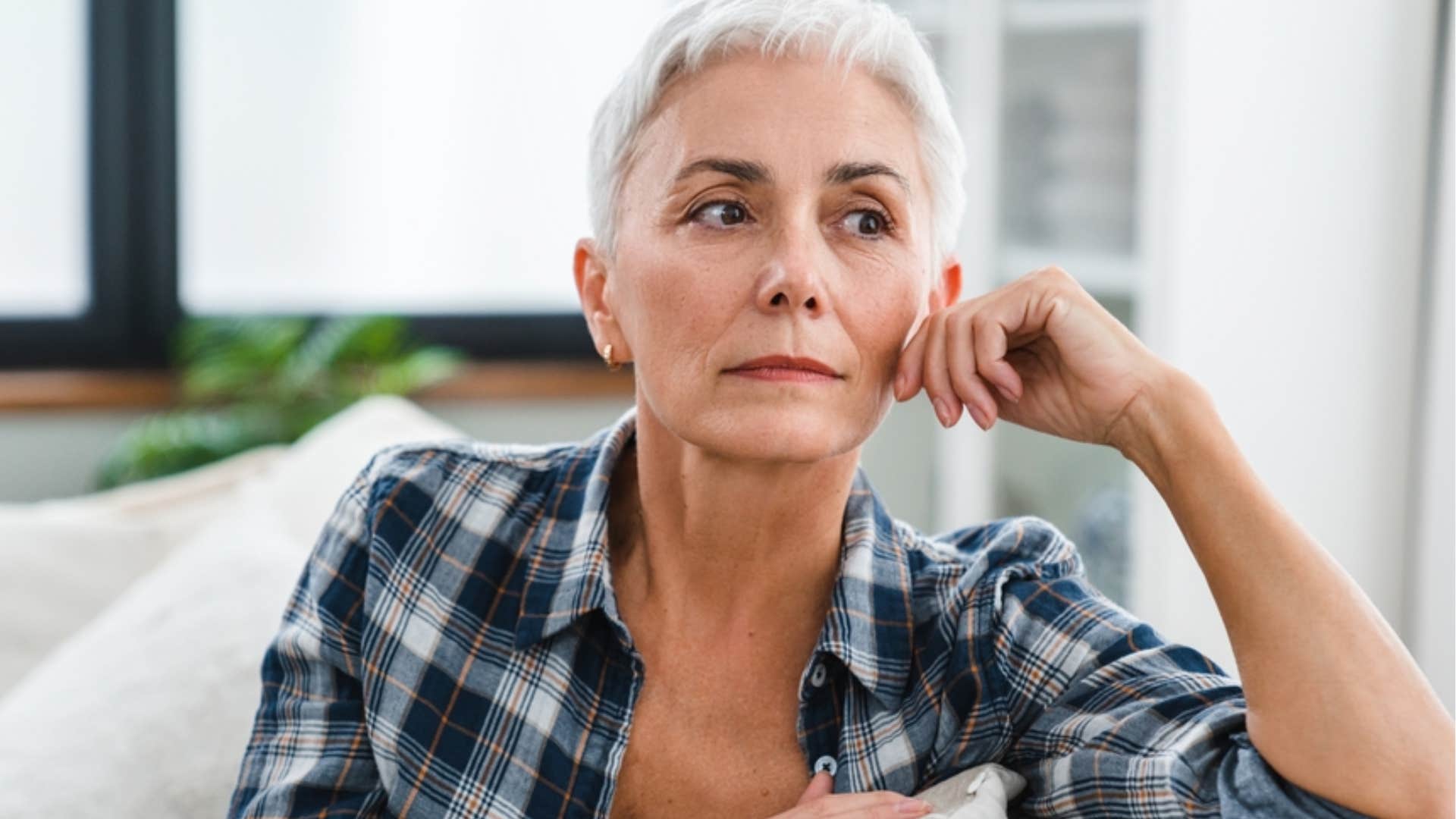 Inside Creative House | Shutterstock
Inside Creative House | Shutterstock
One of the more subtle reasons people who lose interest in leaving their house as they get older usually have is a lack of motivation to get up and get out into the world. As people get older, there are often no external demands that require them to leave the house, such as work, school and social commitments. This gives them a reason to stay in the house all day.
But soon, staying home becomes a habit, and the thought of having to leave the house if they have no serious obligations almost becomes unfathomable. Their lack of motivation keeps them stuck in one place, without access to the outside world, and can cause them to become increasingly lonely.
6. The comfort of home
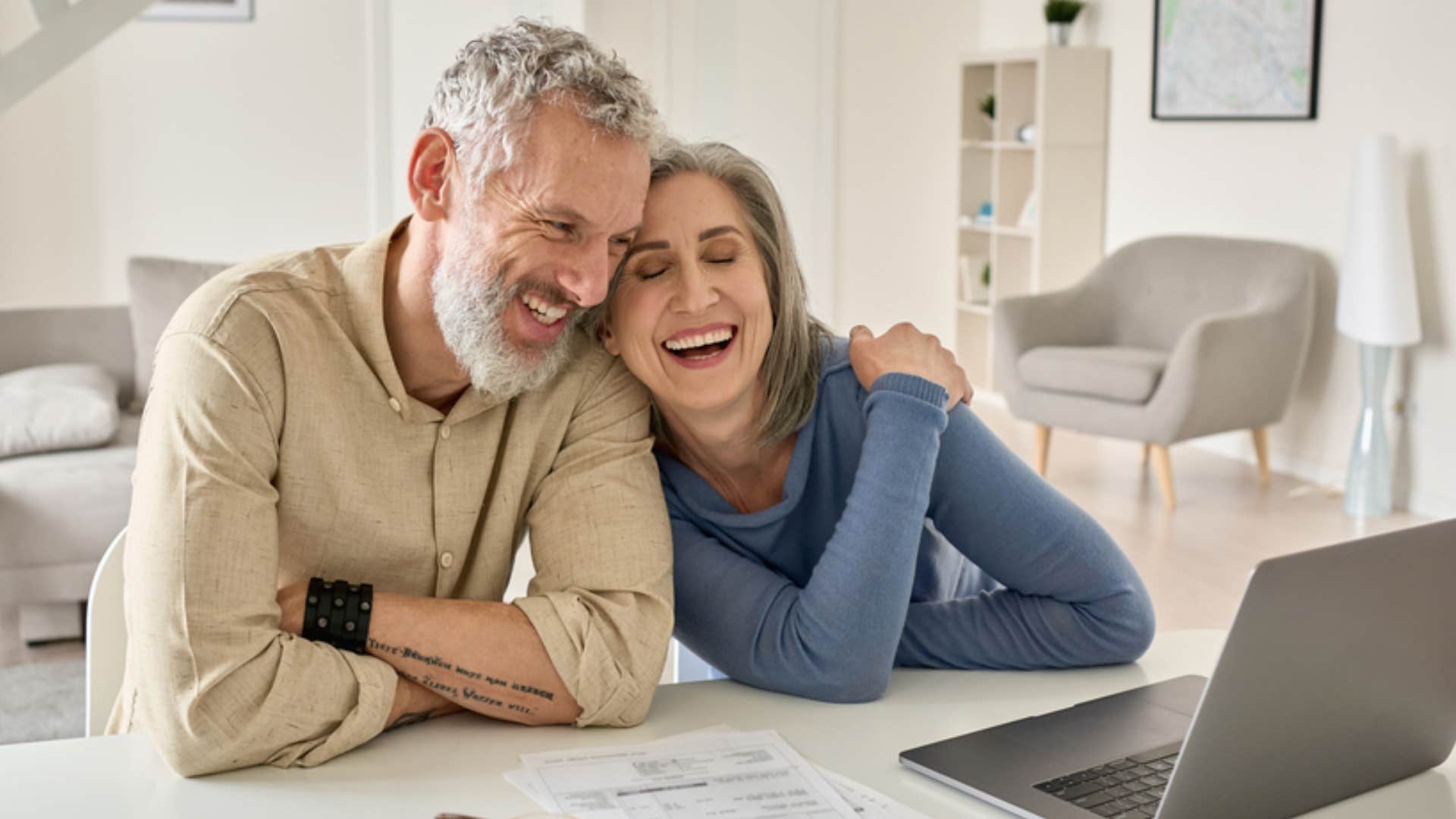 Ground Picture | Shutterstock
Ground Picture | Shutterstock
All of the things we love are often found in our homes. Our favorite books, favorite decor, and all of our blankets and pillows all reside in one place. Perhaps we have cherished knick-knacks or sentimental items we prefer to be around. But no matter what we have in our home, as we get older, it can be more difficult to part ways with those things that bring us comfort.
The familiarity of our homes make us feel safe, secure and at ease. It is an environment where we call the shots, unlike any of the places we may visit in public, which can create unnecessary drama or distress. But although older people may find intense comfort at home, it can isolate them from the outside world.
7. Technology convenience
 Kinga | Shutterstock
Kinga | Shutterstock
Modern technology has made it possible to do nearly everything, from paying bills, buying clothes, and even taking a museum tour. For older individuals, they may find that leaving the house is a waste of time, as they have the entire outside world at their fingertips.
As a society, if we want food from a certain restaurant, we can have it delivered to our doorstep. If we need the latest trending fashion item, online shopping platforms have made it possible to fill up our carts directly from home and have the products shipped to us. Online streaming services allow us to watch movies we would otherwise see at our local cinema. We can even see and talk to our friends and family from home using our phones or computers.
Despite some of these technological advances actually making life more difficult, for older people it can be life-changing. They may cut themselves off from social interactions by choosing to do everything from their computers, and leave the house very rarely.
8. Loss of close friends and family
 fizkes | Shutterstock
fizkes | Shutterstock
The loss of close friends and family is another of the reasons people who lose interest in leaving their house as they get older usually have. It is inevitable that our loved ones will pass on as they age. As we embark on different life paths or relocate to different areas, it is inevitable that we will lose some people to death.
According to mental health counselor Erika Krull, 71% of adults aged 65 and over experience at least one bereavement in the span of two and half years. Some older people may find themselves socially isolated after the loss of friends or family, giving them little motivation to leave the house.
Without these close connections they have formed over the years, their desire to socialize or go out may diminish, especially if their social activities were once tied to these relationships.
9. Transportation issues
 sylv1rob1 | Shutterstock
sylv1rob1 | Shutterstock
Older individuals can experience physical and mental deterioration that make transportation out of the house nearly impossible, especially without the help of aides or close loved ones. The abilities they once possessed, which allowed them to do basic things like drive a car, become affected by cognitive decline, slower reaction times, and decreased physical abilities.
Research from the Insurance Institute for Highway Safety has shown that drivers aged 70 and older have higher fatal crash rates per mile traveled than middle-aged drivers. Even after they give up driving, some people may not have accessible transportation that makes it possible for them to leave the house, or suitable transportation that covers their needs.
10. Cost concerns
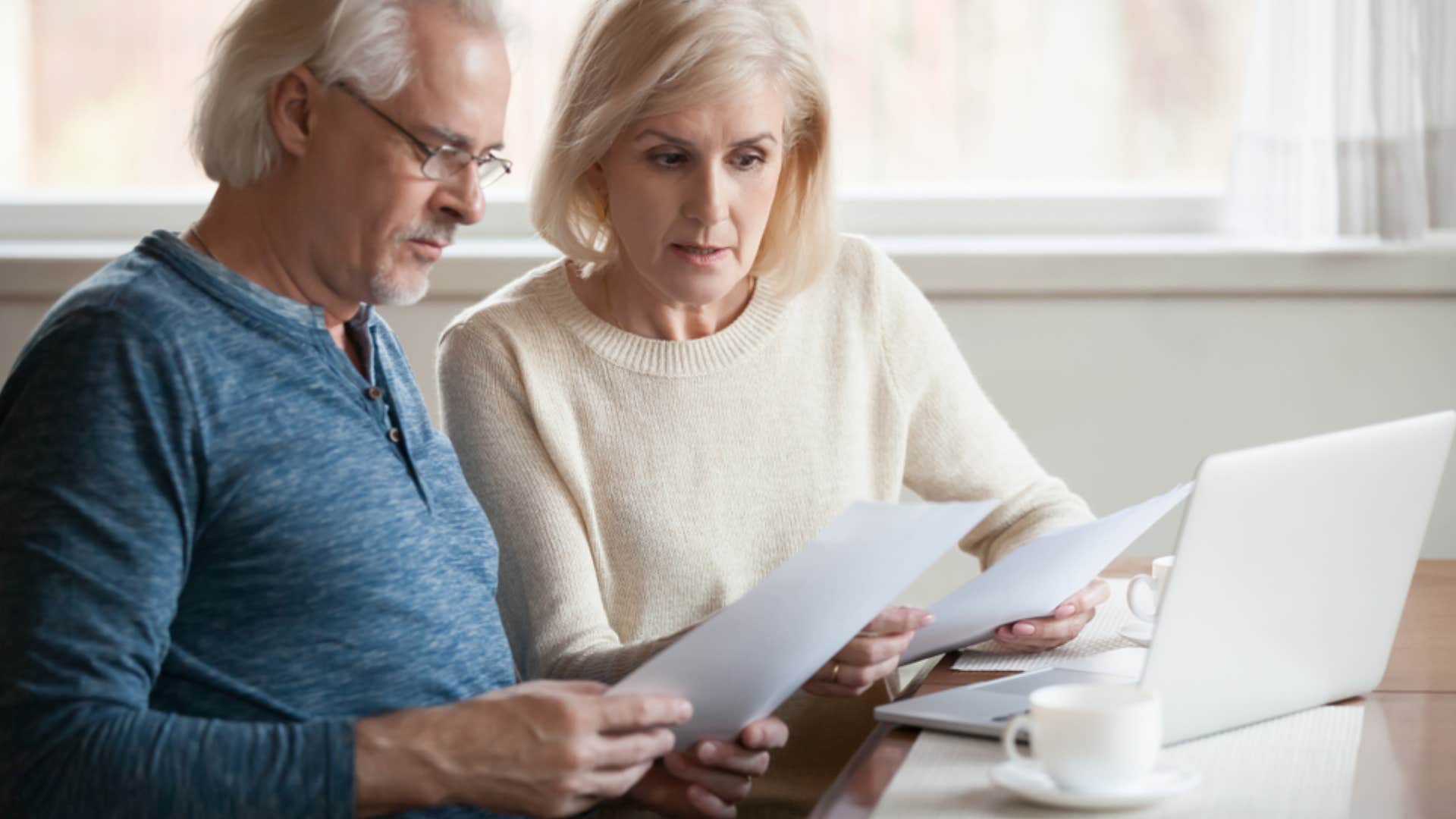 fizkes | Shutterstock
fizkes | Shutterstock
One of the most valid reasons people who lose interest in leaving their house as they get older usually have is the concerns about how much it costs to be outside of their home. When a person leaves the house, they often fall into the trap of spending money they don't have. However, some older people have to restrain themselves financially since they are unable to afford even some of the most basic necessities.
A National Council on Aging survey found that 80% of households with older adults — or 47 million people — are financially struggling today or are at risk of falling into economic insecurity as they age. Even after retirement, they are not promised financial stability.
With a large number of older adults retired and receiving either pensions or minimal help from the government, spending even a few dollars can put them in a financially insecure position.
11. Mental health
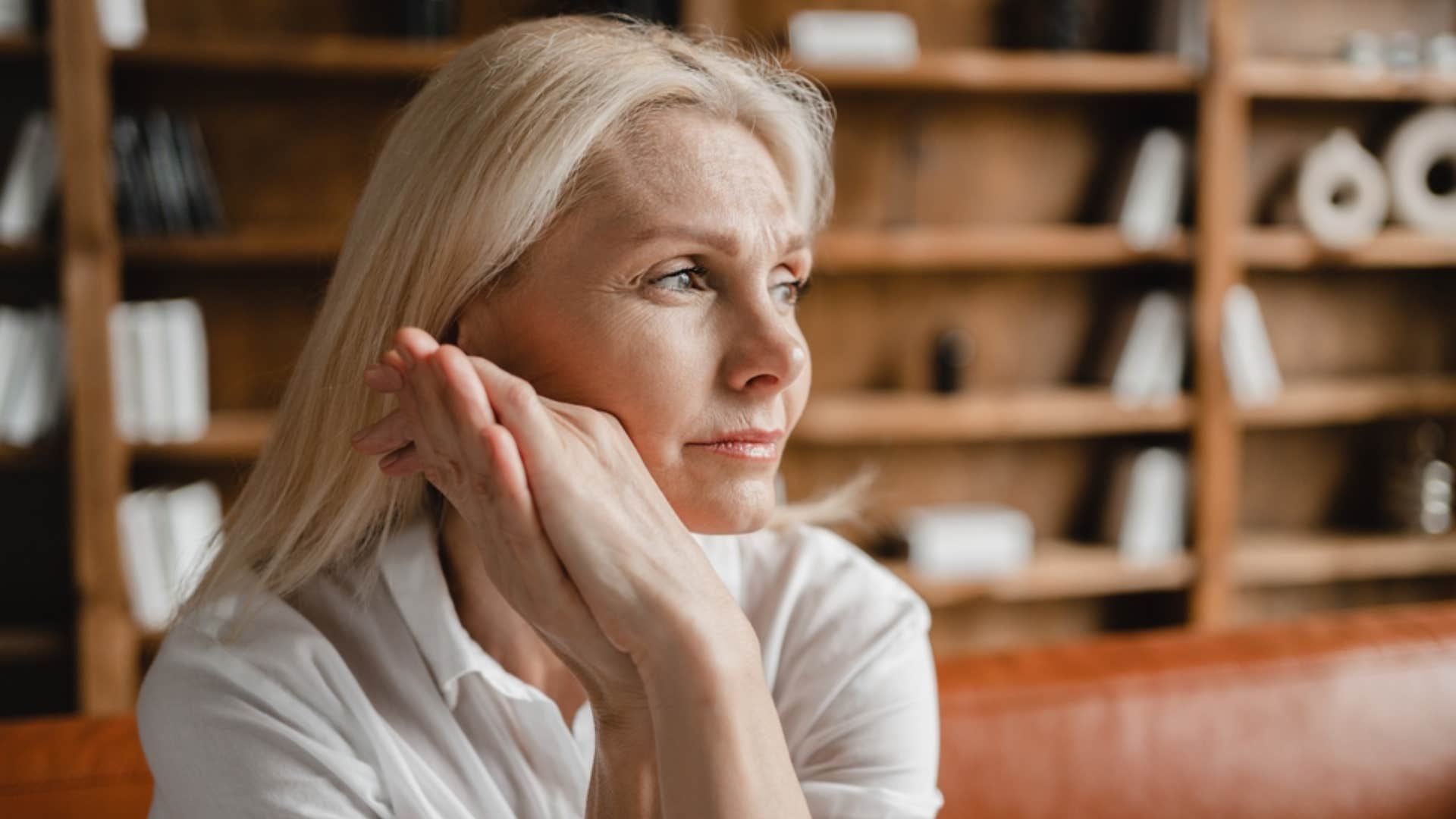 Inside Creative House | Shutterstock
Inside Creative House | Shutterstock
As people age, they may experience changes in their mental conditions. Experiencing physical and emotional change can lead to mental health issues such as anxiety and depression, which can make it more difficult to leave the house.
According to the World Health Organization, approximately 1 in 5 older adults experience mental health concerns, with studies indicating that around 14% of adults aged 60 and over live with a mental disorder. Unfortunately, many of them do not receive the help they need, leaving them without the necessary tools to leave the house. If their mental health is poor enough, home is the only place where they'll feel safe.
Megan Quinn is a staff writer with a bachelor's degree in English and a minor in Creative Writing. She covers news and lifestyle topics that focus on justice in the workplace, personal relationships, parenting debates, and the human experience.

